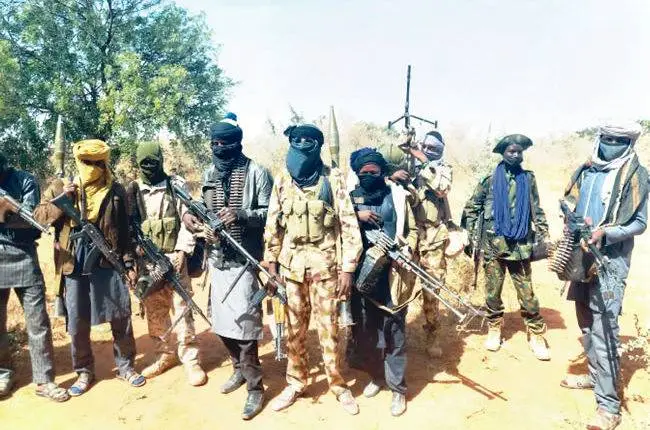Armed bandits struck Kauran Fawa village in Giwa Local Government Area of Kaduna State in the early hours of Wednesday, killing one resident and leaving another seriously injured.
A resident, Mohammed Sabiu, confirmed the incident, stating that the assailants stormed the community in large numbers, heavily armed.
“They killed our brother, Sabitu Hamza, and badly injured Gambo Abdulkadir, who was rushed to the hospital,” Sabiu said.
Growing Wave of Attacks in Kaduna
The latest assault comes amid rising concerns over persistent insecurity across parts of Kaduna State. On September 8, residents of Kachia Local Government Area lamented what they described as long-standing neglect despite repeated attacks.
In a statement signed by Rev. Fr. Agbo Gabriel, the community said they had endured over two years without reliable electricity and largely depend on solar power, while bandit raids and kidnappings continue largely underreported.
The statement detailed how, on September 7, gunmen attacked Wakeh village in Agunu District, killing eight people, injuring several others, and burning homes. Other villages, including Ankwa, Bishini, and Katari, were also listed as recurring targets, leaving residents displaced and traumatised.
Just days earlier, on August 31, seven victims—mostly minors—killed in Southern Kaduna were buried in Unguwan Rimi village, Kauru LGA.
Government Response and the “Kaduna Model”
The Kaduna State government, led by Governor Uba Sani, has recently launched the “Kaduna Model” peace initiative in collaboration with federal security agencies. The approach combines direct engagement with notorious bandit leaders, including warlords such as Yellow Jambros and Dogo Gide, who have long been accused of mass killings, kidnappings, and extortion.
So far, around 200 fighters have reportedly surrendered under the scheme, with some enrolling in rehabilitation programs. Roads once deemed too dangerous, such as the Kaduna–Birnin Gwari highway, have seen renewed activity as displaced villagers begin returning.
While officials hail the strategy as progress, critics—especially Christian leaders and civil society groups—have raised concerns about its transparency and the exclusion of victims from the peace process.
Governor Sani has defended the approach as a “carrot-and-stick” strategy, arguing that sustainable peace must be pursued from a position of strength.




